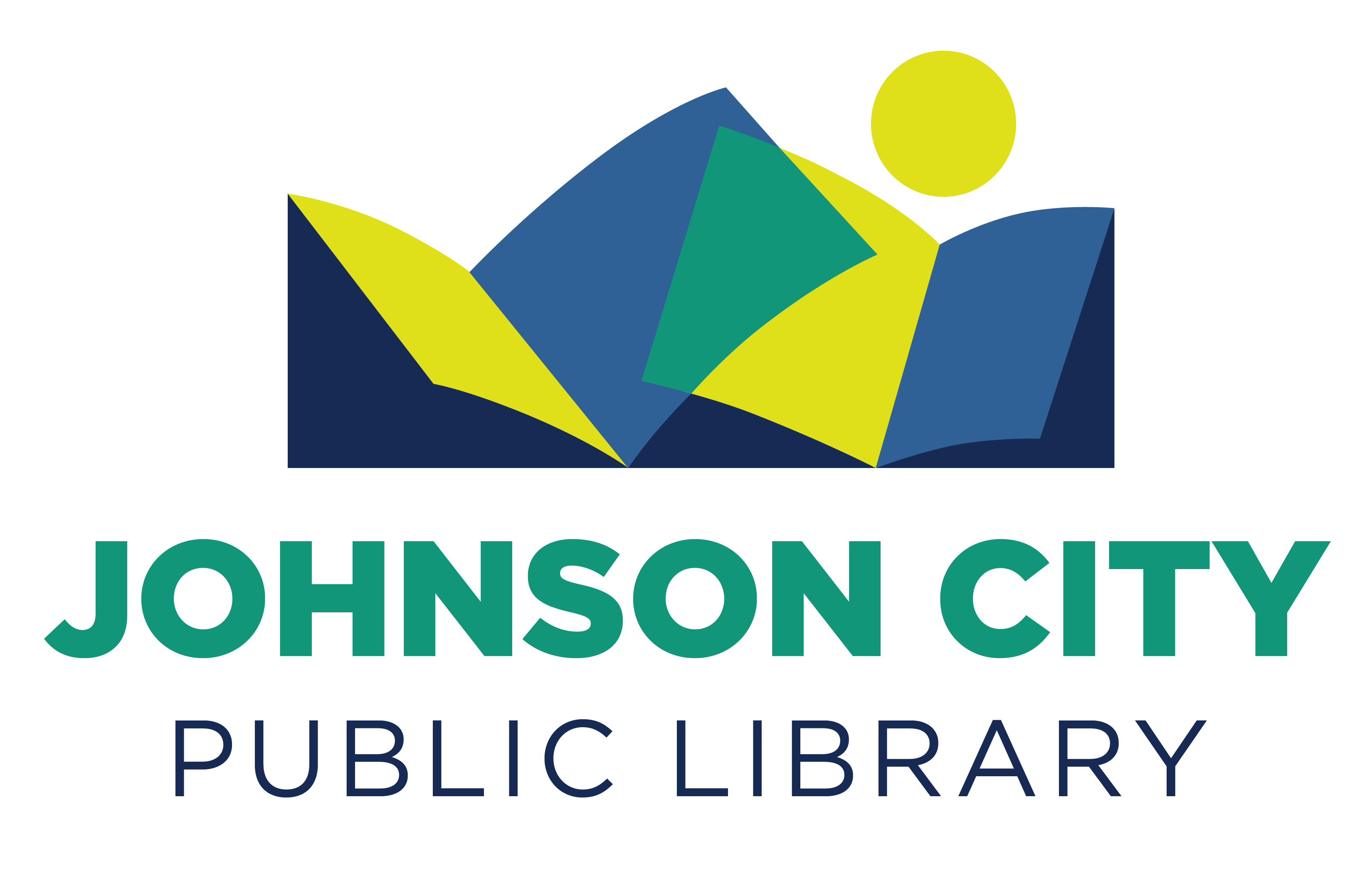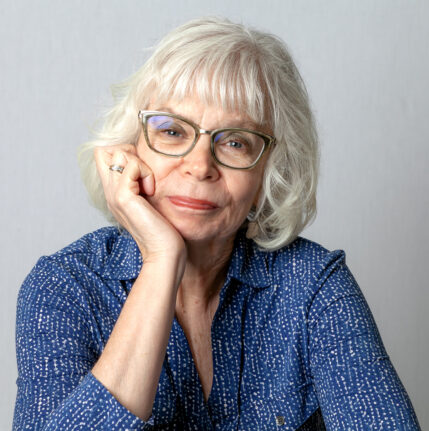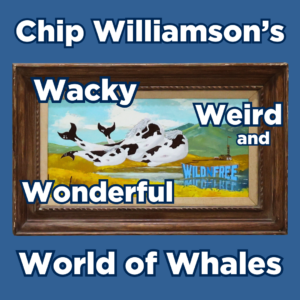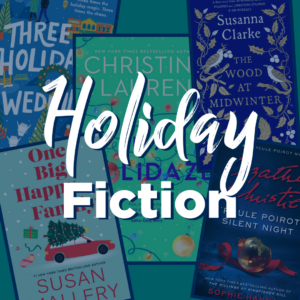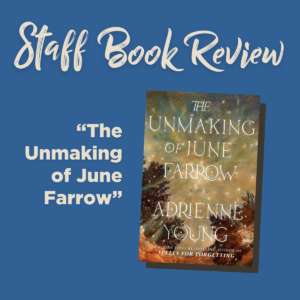Your Library is hosting an author talk with Knoxville poet Linda Parsons on Saturday, Sept. 30. She will read from and talk about Valediction, her sixth collection of poetry and essays, in the Library’s Jones Meeting Center at 2 p.m.
A selection of Parsons’ books will be available for purchase from Atlas Books at the event, and she will sign copies after her talk.
About Valediction
Valediction was published in June 2023. According to Madville Publishing, the collection “travels outward and inward, straddling our lives’ oppositions: parental/relationship struggle and loss, home and away, isolation and reconnection, the spiritual/mystical realm and physicality—balancing grief and reemergence, hello and goodbye. The book’s hybrid nature, with poems, diptychs, and micro essays, reconciles those oppositions as Parsons lifts the veil on what it means to live and create fully, even in the face of impermanence.”
Many of the poems and prose in Valediction use garden imagery to draw out and reconcile these oppositions. The poem “Light Around Trees in Morning” opens the book, and sets the tone for the collection.
“Light Around Trees in Morning“
So much light, I think it’s caught fire,
the paperbark maple self-immolating—
but it’s only the coppery scrolls’ silhouette
facing east. Someone once important
to me planted this tree, led friends to this
very spot as if it were the only blaze,
the garden’s only crown.
Importance ebbs in time, keeping its own
mystery, and we’re left on our knees,
in cinders, smoldering ash, as I was,
turning to what’s more important—
clover in the iris, stones overrun
with chocolate mint, the scrawl
of minor serpents to read and expel.
A woman alone makes good headway
in the weeds, my corona unscrolling
like fiery swords at the entrance of nothing
and everything Edenic. Sometimes I think
light comes only when we’re bowed
too low to notice our leaves and limbs
burnished by morning, our bodies
in spontaneous combustion.
Parsons on Valediction and Her Poetry Journey
We spoke with Parsons recently about her life as a writer and her newest collection of poetry.
Where did you draw inspiration from in writing Valediction?
Valediction is the act of saying goodbye, and I lost all three of my parents within four years (including my stepmother), then came the pandemic and other losses.
In writing the poems in this collection, I was reminding myself that within every goodbye are the seeds of new beginning, arrival, and hello.
I feel the presence of my parents very much alive and with me, in spirit and in tokens they leave me, pennies, feathers, and other found objects. Capturing their fleeting presence in poetry grounds and uplifts me.
Many of the poems and short prose pieces in Valediction are set in the garden, a saving grace during the pandemic, where I ruminate on the many labors of love, as well as loss, grief, light, connection, and impermanence.
How did your relationship with poetry begin?
Although I wrote some poetry in high school, where my love of literature and writing began, I became a serious poet in my twenties. At that time in my life, poetry was a way for me to claim my voice and my stories, to give them shape, and in the process to shape my identity beyond wife and mother.
Although I also wrote plays in those years, poetry got to the heart of my life and my childhood experiences, feeding a hunger to be seen and heard that I had just discovered.
How does poetry affect how you view and interact with the world?
Poetry awakens me to the inner as well as the outer world, tunes my ears and eyes, sharpens the attention I pay to everything and everyone around me.
Although I write a great deal of family poetry, I write equally about the natural world, in particular my gardens, which I’ve grown and tended for 30 years.
Poetry and gardening go hand in hand, quite literally, each a kind of archeology and excavation, connecting me to the cycles and seasons of life. Gardening, like poetry, helps me slow down to a meditative, even prayerful, state, something we all need in our busyness, and allows my creativity to flower.
Your writing career spans poetry, prose, and editing. What advice would you give poets or writers who are trying to start their careers?
The most important thing is to read, read, read, both the classics and contemporary work.
Joining a writing community is also helpful, especially since writing itself is a solitary activity. And with the writing community comes supporting other writers: attending and organizing readings, joining a small writing group or larger organization, celebrating successes, and offering encouragement and critique.
We’re so close to our work, and others with a discerning eye and heart often see with a different lens and can offer improvements or even notice connections we weren’t aware of. Writing is an apprenticeship we never outgrow, a craft we’re always honing, an inner voice we’re always listening to (or ignoring!). And even when we procrastinate, the words will ultimately birth themselves on the screen or page in one form or another.
As a poetry editor for Madville Publishing and copy editor for Chapter 16, the literary website of Humanities Tennessee, I’m always involved in some writing project or effort—often not mine and in support of other writers.
Setting time aside for my own work is sometimes difficult, but a hungry emptiness grows inside me when I’m away too long from my personal work, and I know that to attend to it is what makes me whole and fills me with purpose and song.
Check out our calendar of events for adults to find more upcoming opportunities. Follow Johnson City Public Library on Facebook and Instagram to receive updates about Library programs, collections, and services.
More News